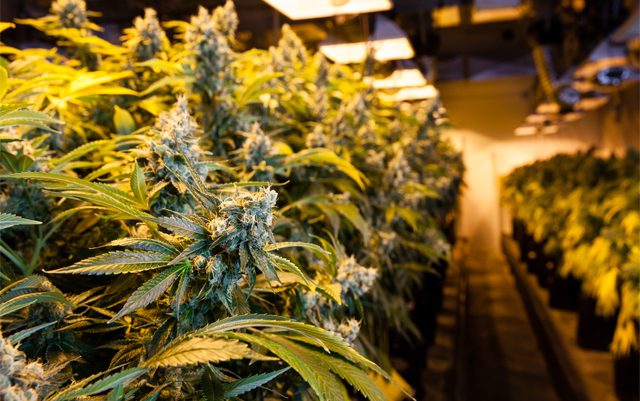Last week, officials in the Canadian province of Ontario announced that legal marijuana will be sold in a way that is similar to how alcohol is sold in the province. As things stand right now, alcohol is sold in Ontario in 660 government-run stores, with another 200+ “agency” stores where private retailers are able to get licenses to sell in rural areas.
Under the plan for cannabis legalization, all private marijuana retailers will remain illegal in Ontario and legal weed will be sold in 150 government-controlled cannabis shops, with those not near a shop able to order from the government online.
“We’ve heard people across Ontario are anxious about the federal legalization of cannabis,” Ontario Attorney General Yasir Naqvi said about the plan. “The province is moving forward with a safe and sensible approach to legalization that will ensure we can keep our communities and roads safe, promote public health and harm reduction, and protect Ontario’s young people.”
“Cannabis will remain a carefully controlled substance in Ontario,” Finance Minister Charles Sousa added. It will be covered by the restrictions that apply to both tobacco and alcohol. “We are confident that we have taken the best approach. The LCBO (Liquor Control Board of Ontario) model works. It’s proven and we feel strongly that it’s the way to go.”
When they say the LCBO model “works,” they don’t mean it works for creating jobs, economic activity, ample supply and a burgeoning industry. They mean it works to keep the substance in question “carefully controlled.”
Ever since Canada’s marijuana legalization task force released their recommendations late last year, there has been much speculation as to how the provinces planned on regulating it; the government-control option rising to the forefront comes as little surprise.
If officials in Ontario were in any way interested in creating economic growth from marijuana legalization, they would have went with a more free market-based system, similar to the growing legal marijuana industries in Colorado, Washington, Oregon, Alaska and every other state that has some form of cannabis sales.
But this will likely never be the goal of legalization in Canada. Authorities are much more interested in trying to control the supply of marijuana through government edict – which is actually what prohibition aimed to do. This government-run marijuana stores tactic will likely be just as successful at curbing the cannabis black market as prohibition was.
After all, why will people put up with the poor quality and customer service that comes from retailers who face no competition when they have a viable and known alternative on the black market?







The government is just in this for money. Here’s one thing why this system won’t work budtenders make a little over minimum wage, LCBO pay $25 or more an hour. No one going to pay for there garbage. Stuff would need to improve 100 % percent almost.